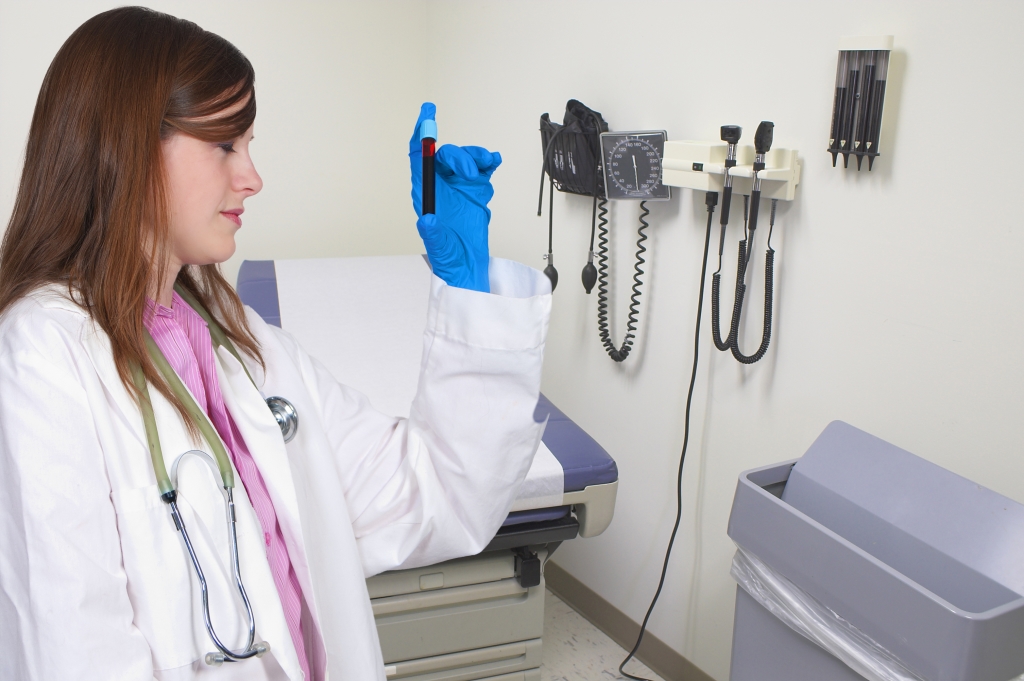
Title: The Ultimate Guide to Phlebotomy Certification: Everything You Need to Know
Introduction:
Phlebotomy certification is a crucial step for individuals looking to pursue a career in the healthcare industry. Phlebotomists play a vital role in the healthcare system by drawing blood for medical tests, transfusions, donations, and research. This comprehensive guide will provide you with everything you need to know about phlebotomy certification, including the benefits, requirements, practical tips, and more. Whether you are a student considering entering the field or a healthcare professional looking to expand your skills, this guide will help you navigate the process of obtaining phlebotomy certification.
What is Phlebotomy Certification?
Phlebotomy certification is a credential that demonstrates your competence and proficiency in performing phlebotomy procedures. It validates that you have completed the necessary training and have the knowledge and skills required to safely and accurately collect blood samples. Phlebotomy certification is typically obtained through a certifying agency or organization that offers accredited programs and exams.
Benefits of Phlebotomy Certification:
– Increased job opportunities: Many healthcare facilities require phlebotomists to have certification as a condition of employment.
– Higher salary potential: Certified phlebotomists often earn higher salaries than those without certification.
– Recognition of expertise: Certification validates your skills and knowledge, giving you credibility in the field.
– Career advancement: Certification can open doors to new opportunities for advancement and specialization.
Requirements for Phlebotomy Certification:
To obtain phlebotomy certification, you must typically meet the following requirements:
– Completion of a phlebotomy training program: This may be a standalone program or included as part of a medical assisting or healthcare program.
– Clinical experience: Many certification programs require a certain number of hours of hands-on experience drawing blood.
– Passing a certification exam: You will need to pass a written exam testing your knowledge of phlebotomy techniques, safety procedures, and other related topics.
Practical Tips for Obtaining Phlebotomy Certification:
– Research certification programs: Look for programs that are accredited by reputable certifying agencies.
– Study and practice: Be prepared to study diligently and practice your phlebotomy skills regularly.
– Seek mentorship: Consider shadowing experienced phlebotomists to gain hands-on experience and guidance.
– Stay organized: Keep track of your training hours, certification exam dates, and any other requirements to ensure a smooth certification process.
Case Studies:
– Sarah, a recent high school graduate, decided to pursue a career in phlebotomy. She completed a phlebotomy training program at a local community college and passed her certification exam on the first try. She now works at a busy medical clinic and enjoys helping patients and working with a supportive team.
– John, a phlebotomist with several years of experience, decided to pursue certification to further his career. He studied diligently and passed his exam, earning recognition from his colleagues and a promotion to a lead phlebotomist position.
First-Hand Experience:
I decided to pursue phlebotomy certification after working as a medical assistant for several years. I found the certification process challenging but rewarding, and I now enjoy the increased job opportunities and credibility that certification has brought me. I highly recommend pursuing phlebotomy certification to anyone looking to advance their career in healthcare.
Conclusion:
Phlebotomy certification is an essential credential for individuals looking to pursue a career as a phlebotomist. It offers a wide range of benefits, including increased job opportunities, higher salary potential, and recognition of expertise. By following the steps outlined in this guide and staying organized and dedicated to your studies, you can successfully obtain phlebotomy certification and advance your career in the healthcare industry. Good luck on your journey to becoming a certified phlebotomist!
